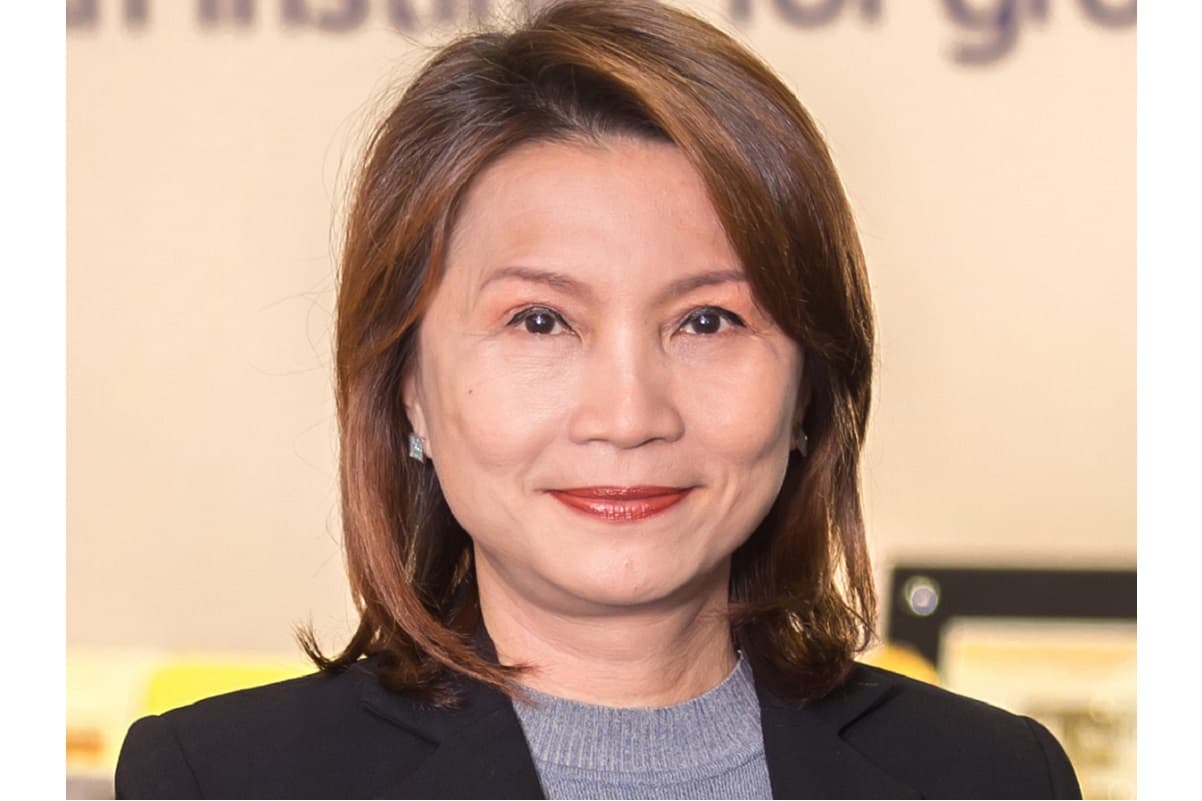
KUALA LUMPUR (March 8): The number of women holding senior leadership positions in Malaysia has hit 37% this year, the highest ever recorded despite the Covid-19 pandemic affecting economies around the world, according to Grant Thornton’s annual Women in Business report.
In a statement today, the independent assurance, tax and advisory firm said the Asean region also made strides with the level of women participating in senior leadership rising to 38%, from 35% last year.
It noted that all regions have surpassed the crucial 30% milestone, except for Asia Pacific, which is at 28%.
“Seeing the proportion of women leaders in Malaysia rise from 31% last year to 37% this year is encouraging. This figure is also above the global figure of 31%. It also passes the important 30% threshold, which research shows is the minimum representation needed to change decision-making processes,” said Grant Thornton Malaysia’s National Tax Practice leader Seah Siew Yun.
The report also revealed encouraging findings on the type of leadership roles occupied by women.
“Grant Thornton’s research reveals higher numbers of women across operational C-suite roles in Malaysia compared to last year, with the proportion of female chief finance officers up 12pp [percentage points] to 41%, female chief marketing officers up 14pp to 36% and female chief information officers up 3pp to 20%. However, the proportion of women holding chief executive officer positions was down slightly at 10% (-5pp [in] 2020), and has trended downwards since 2019,” said the firm.
According to the research, 36% of businesses in Malaysia had female chief marketing officers, the highest level among Asean countries.
Besides, the proportion of women in the more traditional senior human resources (HR) roles has increased slightly to 54% (+2pp in 2020).
Passing the 30% of women in senior roles globally is an important milestone for businesses, but not the end goal, noted the firm.
Businesses that want to reap the benefits of a better gender balance must continue to take action to enable women to realise their ambitions, it said.
The firm added that research has shown that Malaysian businesses are taking positive actions and the top three actions taken to improve the gender balance of their leadership team are creating an inclusive culture (54%), ensuring equal access to developmental work opportunities (48%), and providing mentoring and coaching (47%).
“Recognising the importance of a gender balanced leadership team, more businesses are now walking the talk. It is encouraging to see more businesses placing a priority [on] creating an inclusive culture in their workplace. The research has shown that the number of businesses taking this initiative has increased the highest, from 17% of businesses last year to 54% of businesses this year,” said Seah.
While the number of women in leadership roles has grown, questions remain over the impact of the Covid-19 pandemic on women, particularly working mothers.
The firm said the report reveals that over half (56%) of respondents in Malaysia agree that in their organisations, new working practices as a result of Covid-19 will benefit women’s career trajectories long term.
The firm also cited data from the United Nations (UN) that before the pandemic, women did three times as much unpaid housework as men, and mounting evidence indicated that Covid-19 is only increasing this disparity, as well as adding the extra responsibilities of childcare and home schooling while schools are closed.
“Breaking the 30% barrier certainly does represent progress — having grown from 23% 14 years ago when we first started tracking this — but these gains can easily be lost. Reassuringly, 85% of businesses in Malaysia say they are taking action to ensure the engagement and inclusion of their employees against the negative backdrop of the pandemic.
“Now more than ever, businesses need to stay focused on what is enabling women to progress to leadership positions, so that women move forward rather than back as a result of the global pandemic,” added Seah.